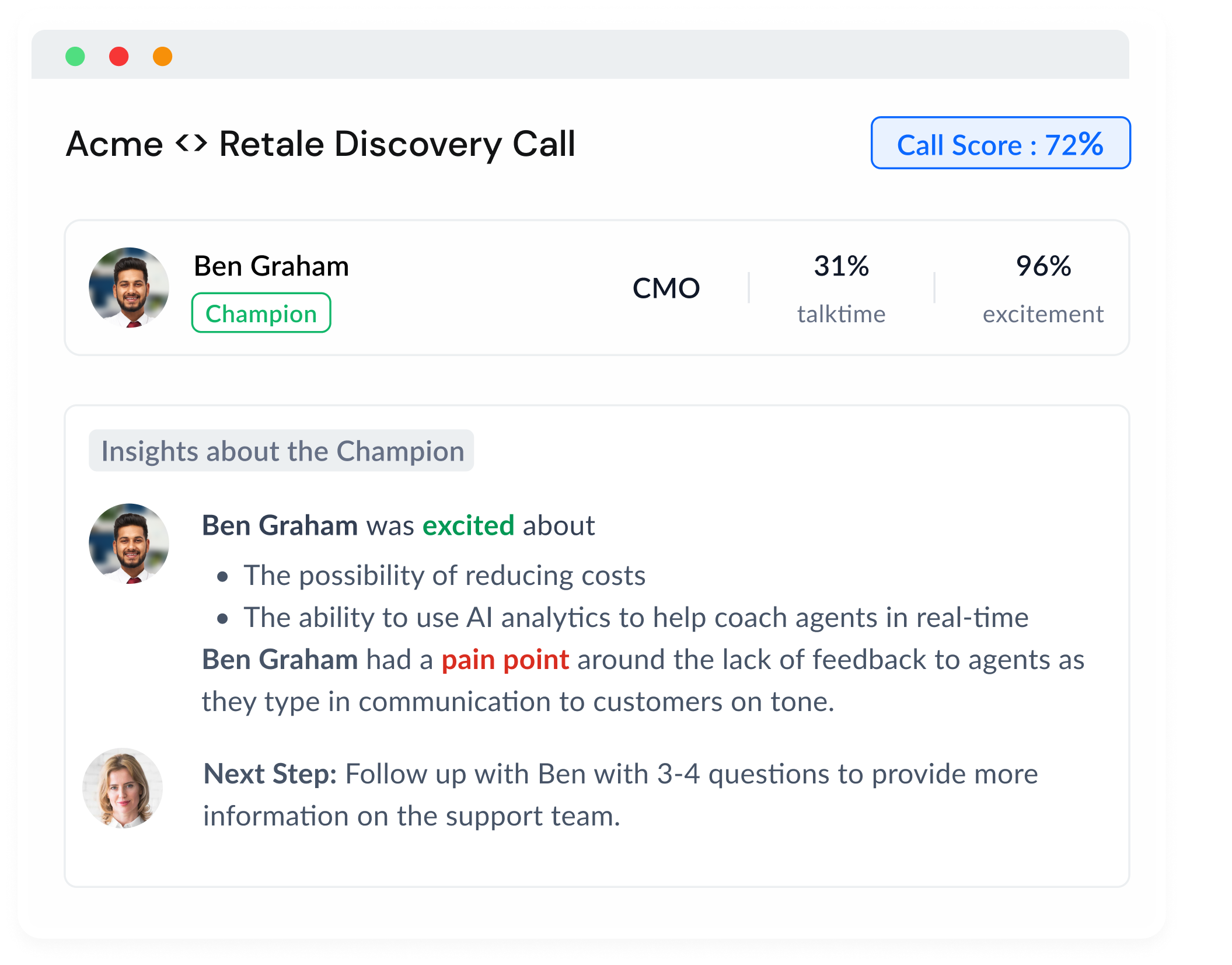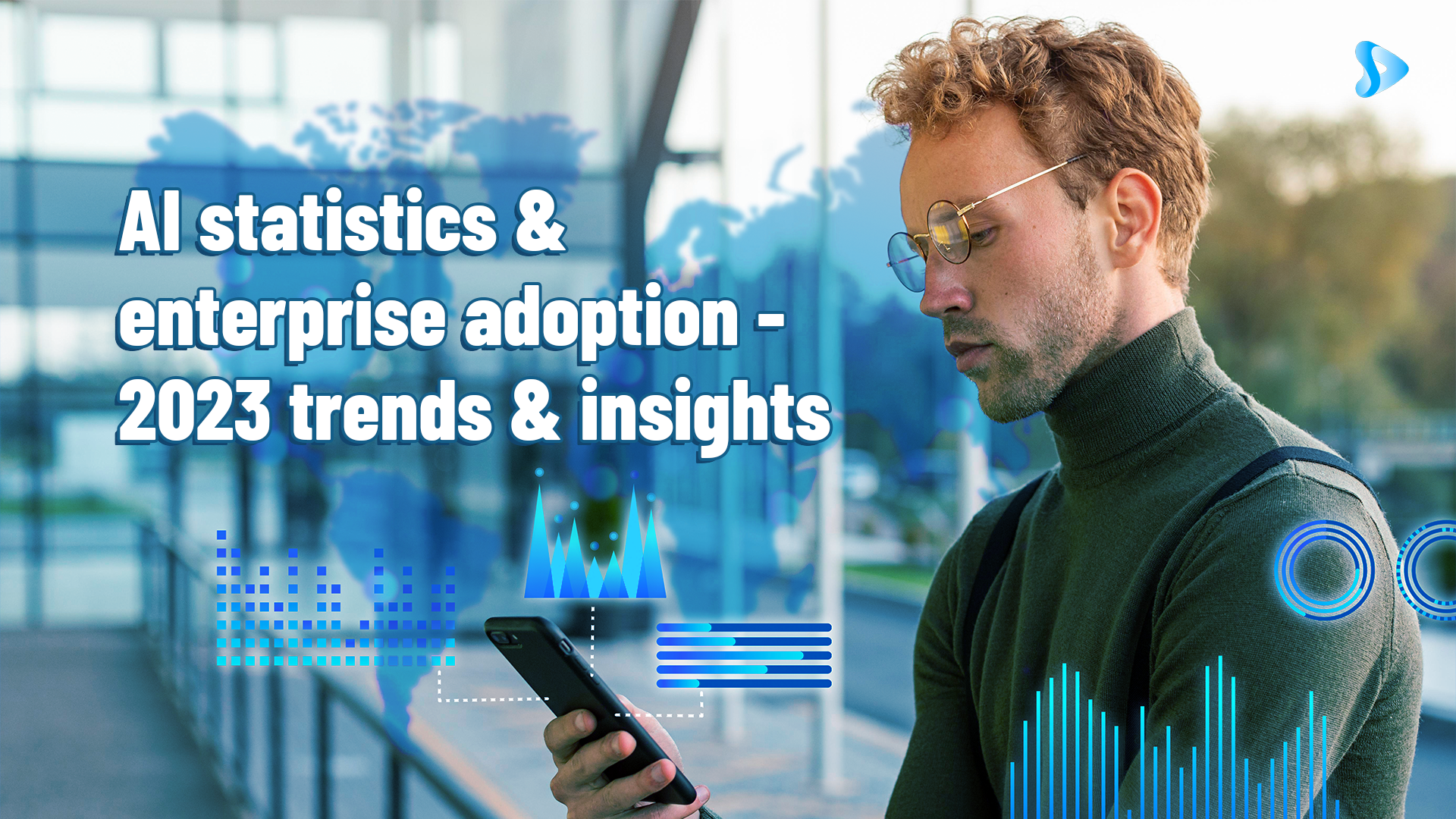You know that awkward moment when your virtual assistant begins to eerily resemble your favorite Aunt, and you can't figure out whether to feel advanced or just creeped out? Welcome to the club! Welcome to what we in the business like to call the 'Uncanny Valley'.
Let's establish what the Uncanny Valley is. Picture this: You're steadily climbing up the hill of technological advancements — the view is fantastic! You're enjoying the enhanced productivity, the efficiency, the brag-worthy sales numbers. And then, suddenly, you're free-falling into a valley (the Uncanny Valley, to be exact) because your AI sounds more like a Shakespearean actor than a helpful tool. It's just too.... human. Creepy, right?
Delving into the Uncanny Valley: Why Too Much AI can Lead to Discomfort
AI's increasing role in sales
As you're undoubtedly aware, AI and machine learning have taken the sales industry by storm. They're the flashy new sales reps that never sleep and churn out reports while you're indulging in Netflix marathons.
From automatic CRM population, crafting follow-up emails, to even predicting the winning color of your next sales presentation (spoiler: it's blue), AI has become an integral part of the SaaS sales universe.
The Uncanny Valley phenomenon in sales
But here's the kicker, as our AI sales buddies start sounding more and more like us and less like R2D2, we start feeling less in a techie utopia and more in an episode of Black Mirror. Remember, too much of anything is bad – even if it's your AI mimicking human conversation. This feeling of discomfort due to an excess AI-human likeness is what we aptly call the 'Uncanny Valley'.
According to Mashiro Mori, who coined this term in the 70s, there's a point where our affinity for these humanoids takes a nosedive before rising again once they become indistinguishable from humans. In sales, as reps interact with AI, their comfort level follows a similar roller coaster ride. One moment, they're thrilled at how human-like their AI assistant sounds; the next, they're uncomfortable because it's too human-like. Great for a sci-fi movie, not so much for your Tuesday afternoon sales call.
So, how can we harness the power of AI without plunging into this uncanny abyss? The answer lies in striking the right balance between AI interaction and human touch. And no, we don't need to seek guidance from Thanos for this kind of balance (although an infinity stone or two wouldn't hurt).
The Human Touch in Sales
Why human touch is integral to sales
Remember that time you bought that electric car just because the salesman convinced you that you'd look twice as handsome while also saving the environment? No? Just me then. Anyway, moving on from my personal regrets, there's a key takeaway here - the human touch.
AI may crunch data faster than your eight-year-old nephew downs his ice-cream, but when it comes to truly understanding human emotions and motivations - good ol' homo sapiens still take the cake. We have the edge when it comes to empathizing, understanding non-verbal cues, and tailoring interactions accordingly. Tact and diplomacy aren't part of any algorithm... yet
The Importance of Emotional Intelligence in Customer Interaction
Emotional intelligence, you know, those rainbow-colored feelings that AI just can't seem to grasp? They are incredibly powerful tools in the world of sales. According to a study by TalentSmart, a firm specializing in emotional intelligence, 58% of success in all types of jobs is ascribed to emotional intelligence - selling ice to an Eskimo-type skills!
Don't get me wrong, your AI buddy can analyze customer data, past purchasing behavior and preferences, but can it understand when a customer is having a rough day and needs a little empathy? Can it laugh at a lame customer joke (no, fake canned laughter doesn't count)? Can it pick up on the subtle sarcasm or wariness in a customer's voice? Not quite. Therefore, human engagement remains critical in the sales process.
Achieving Synergy: Striking the Right Balance Between AI Efficiency & Human Touch
Identifying AI strengths and irreplaceable human touch
Here’s the truth: despite any dystopian movies you've binge-watched, AI isn't planning to replace us. Deep down, it knows it can't truly emulate our suave charm and wit. AI is excellent for tasks demanding efficiency, precision, and speed - transcribing calls, scheduling meetings, or filtering leads, for instance.
On the other hand, humans are unbeatable when it’s about persuasion, empathy, and the subtle art of relationship-building. So, the smart move is not to pick one over the other, but rather to harness the strengths of both in a harmonious co-existence. Think of it like a buddy cop movie - the AI is your no-nonsense, detailed oriented professional, while you're the charismatic, quick-thinking master of persuasion.
Practical ways to strike the ideal balance in sales
Finding this balance may seem daunting, like finding the perfect avocado in a supermarket. But it’s simpler than you think. Here are some quick tips:
- Use AI for repetitive tasks: Allow your AI to handle menial tasks – data entry, meeting scheduling, and transcribing calls.
- Keep humans for strategic tasks: Save those top-notch interpersonal skills for essential tasks that require a personalized touch – closing deals, problem-solving, and building customer relationships.
- Train your AI assistant: The more it understands your sales style, the better it can supplement your efforts. It’s like a mini-you, minus the caffeine addiction and the obsession with cat videos.
- Regularly review and adapt: Monitor the results, take feedback from your team and customers, and continually fine-tune your hybrid approach.
In the next section, let's introduce you to your new best friend in this quest for balance - Sybill, your AI sales coach and assistant. And guess what? It comes with no risk of entering the Uncanny Valley!
Leveraging the Best of Both Worlds with Sybill: Your AI Coach & Assistant
How Sybill works to maintain balance between AI interaction and human touch
Let's be honest. Life's too short to manually update CRM fields or draft formulaic follow-up emails, especially when you've got Sybill by your side, your loyal AI assistant. Think of Sybill as that sidekick in superhero movies who always seems to have just the right gadget at just the right time (looking at you, Alfred from Batman).
Sybill records your sales conversations, transcribes them, and swiftly churns out call summaries and follow-up emails that are less robotic and more Harry Potter - magical, basically. But don't worry, there's no risk of it turning into the villain of our Uncanny Valley tale. It has been programmed to serve, not to creep you out with its human-like tendencies.
Benefits for sales teams using Sybill
The Sybill experience is like munching on your favorite sandwich where the AI efficiency is the scrumptious filling and the human touch is the perfect crispy bread holding it all together.
Here are a few ways Sybill adds that secret sauce to your sales:
- It's a time machine: Okay, it doesn't actually let you travel in time, but by handling repetitive tasks like data entry and call transcriptions, it gifts you time - a commodity even more precious than vibranium in the sales world.
- Your personal writing elf: Ever wished for your own version of Dobby, the House-elf from Harry Potter to help with your writing tasks? Well, wish granted! Sybill can draft follow-up emails that sound professional and competent, with the human-like touch that avoids the Uncanny Valley.
- Sales Yoda it is: Yep, just like the wise, old Yoda, Sybill guides the reps in closing more deals. It gives you nudges, tips, and insights that were previously known only to the sales Jedi.
Conclusion
Phew, what a rollercoaster! From delving into the mildly creepy Uncanny Valley to realizing the irreplaceable value of the human touch, we've covered some ground. So, here's the sushi roll - I mean, the nutshell summary: To maximize efficiency and provide your customers with a stellar experience, blend AI technology with the human touch in sales. Sybill can be your perfect partner on this journey, ensuring you don't stumble into the Uncanny Valley.
After all, the goal of technology, like a trusty butler, isn’t to replace us, but rather, to make our lives easier and our work more efficient. Not quite as poetic as the ending of a Shakespeare play, but hey, it’s—wait for it—uncannily meaningful! T















.png)





